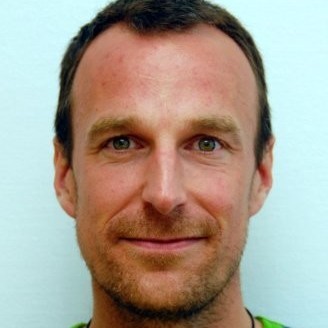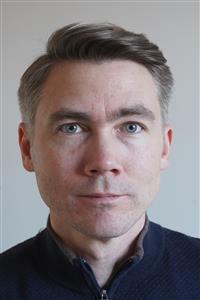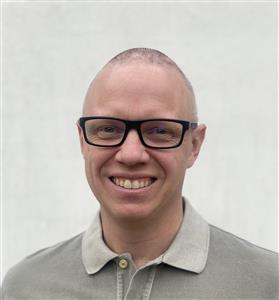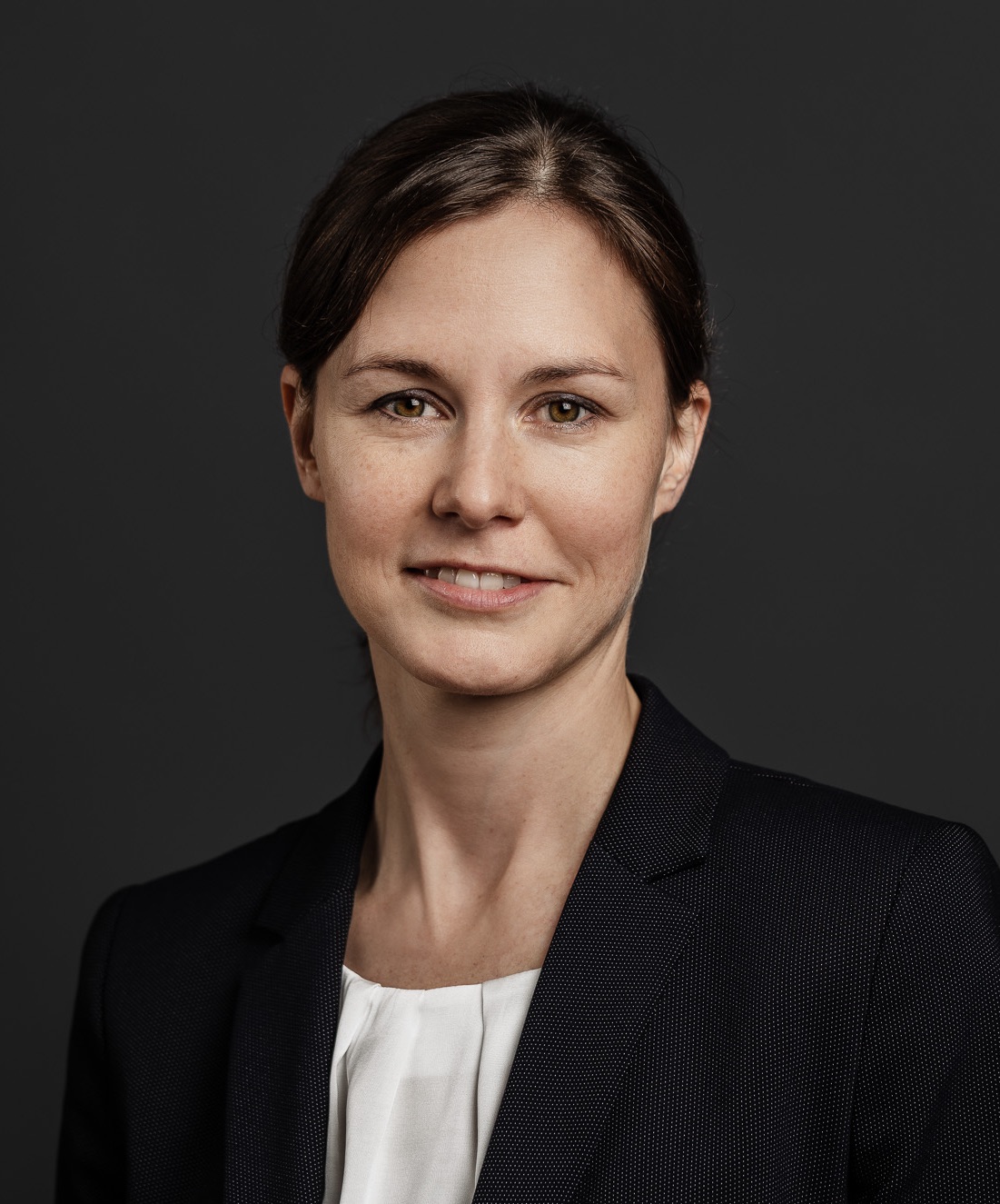Reglermötet 2025 (“Swedish Control Conference 2025”) will be held at Lund University on 11-13 June, 2025. The aim is to create new networks and strengthening knowledge for teachers, doctoral students and TA staff in the field of automatic control – and to be a forum for contacts between industry, universities and colleges.
The 11 June is a focus day for each staff group of teachers, doctoral students and TA staff and the conference itself will be held 12-13 June in the M-building at campus LTH. At the conference, invited plenary lectures will be held and conference papers in the form of lectures or posters will be presented.
Plenary Lectures
The conferences has three plenary lectures given by

Erik Möllerstedt, Aurora, CA
Title: Deliver the Benefits of Self-Driving Technology Safely, Quickly, and Broadly.
When: Thursday June 12, 09:15-10:00
Abstract: Aurora Innovation is a self-driving vehicle technology company based in Pittsburgh, Pennsylvania, on the brink of launching a self-driving truck service in Texas, USA. The core of the technology is the Aurora Driver, a continuously improving, intelligent autonomous driving system, designed to see, understand, and safely traverse the world around it. During the talk Erik will introduce Aurora, and give an overview of the Aurora Driver. He will also talk about his work on motion control, and discuss some challenges controlling an 80,000 lbs truck on the freeway.
Biography: Erik Möllerstedt received his PhD at Lund Institute of Technology. After graduating he has worked in various roles within product design and development, test, and manufacturing in the fields of mobile devices and wearables, wireless technologies, and motion control in companies like Decuma, Ericsson, SonyEricsson, Litepoint, Google, Waymo, and now Aurora.


Per Skarin and Mårten Lager, Saab Kockums
Title: Naval autonomy in one of the world’s most complex environments
When: Friday June 13, 09:00-09:45
Abstract: Sweden has an extensive and complex coastline, more rich with islands than any other country. Managing this complex naval environment in order to keep people and societies safe, it is imperative to retain up to date, cutting edge technology. Saab Kockums is a world-leading provider of advanced naval systems and solutions, perhaps best known for its highly advanced submarines. The company also develops cutting edge surface warships, patrol boats, and smaller underwater systems for defense and scientific exploration. Saab Kockums recently announced its foundation for naval intelligence: the Autonomous Ocean Core, showcased in a real-time demonstration of the Enforcer 3 at Euronaval. Saab’s vision is to empower autonomy in a range of naval platforms, for military and civilian missions. Through representatives from Kockums Research and Technology, this talk will be about ongoing activities in and around Saab’s effort to level up maritime autonomy. We will frame the problems of perception, planning and control in the naval domain, present research and challenges for the future, and take a look at platforms such as the Enforcer 3.
Biography:

Melanie Zeilinger, ETH Zürich
Title: Learning for Complex Control Systems – Guarantees, Performance & Computation.
When: Friday June 13, 14:15-15:00
Abstract: Advancing autonomous systems requires not only improving the control of complex dynamical systems, but also achieving complex tasks in challenging environments. Learning has emerged as a promising means to practically address these challenges; however, the recovery of guarantees, particularly concerning safety, is often still lacking.
This talk will highlight our results towards addressing this problem by building on a constrained optimal control paradigm. I will begin by defining our notion of safety and how it can be effectively formulated as a planning problem. The talk will then address concepts of learning dynamics, objective functions, and constraint functions, which require a careful tradeoff between achievable guarantees and performance, while managing computational efficiency. The results in this presentation will be illustrated with applications from autonomous racing and robotics.
Biography: Melanie Zeilinger is an Associate Professor at the Department of Mechanical and Process Engineering at ETH Zurich, where she is leading the Intelligent Control Systems. She received the diploma in Engineering Cybernetics from the University of Stuttgart in Germany in 2006 and the Ph.D. degree in Electrical Engineering from ETH Zurich in 2011. From 2011 to 2012 she was a postdoctoral fellow at the École Polytechnique Fédérale de Lausanne (EPFL), Switzerland. From 2012 to 2015 she was a Postdoctoral Researcher and Marie Curie fellow in a joint program with the University of California at Berkeley, USA, and the Max Planck Institute for Intelligent Systems in Tuebingen, Germany. From 2018 to 2019 she was a professor at the University of Freiburg, Germany. Her awards include an SNF Professorship, the Golden Owl for exceptional teaching at ETH Zurich 2022 and the European Control Award 2023. Her research interests include learning-based control with applications to robotics and biomedical systems.